Our dissolved oxygen sensors, the SBE 43 and SBE 63, are calibrated with tools and methods we learned from calibrating our world-class temperature and conductivity sensors. Get a look behind the scenes in our calibration lab.
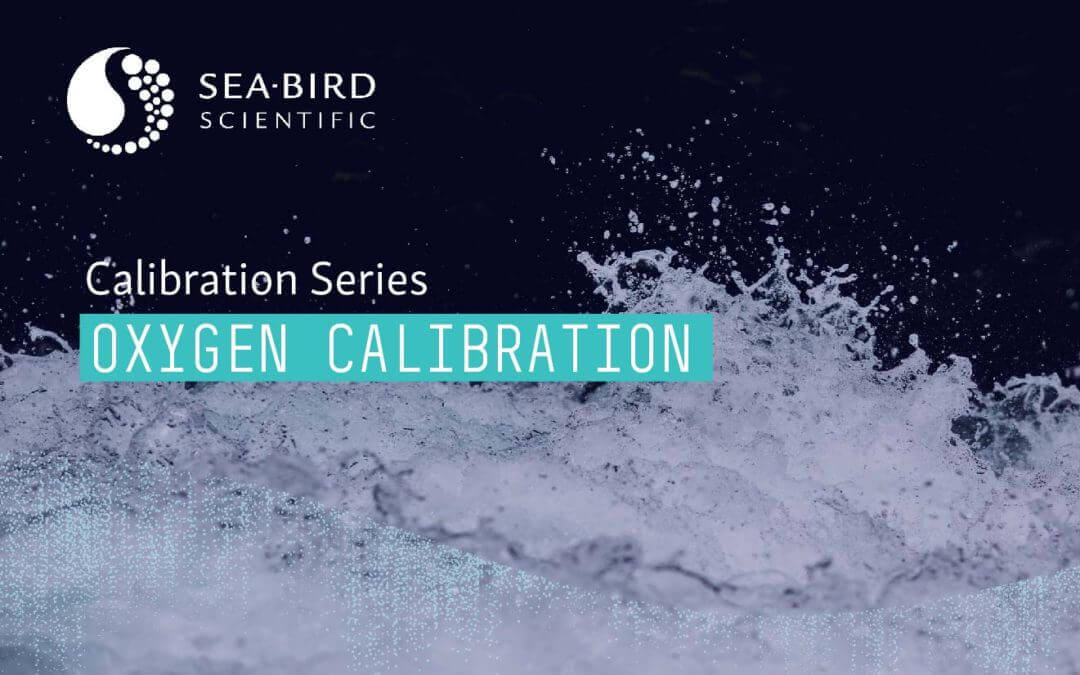

Our dissolved oxygen sensors, the SBE 43 and SBE 63, are calibrated with tools and methods we learned from calibrating our world-class temperature and conductivity sensors. Get a look behind the scenes in our calibration lab.
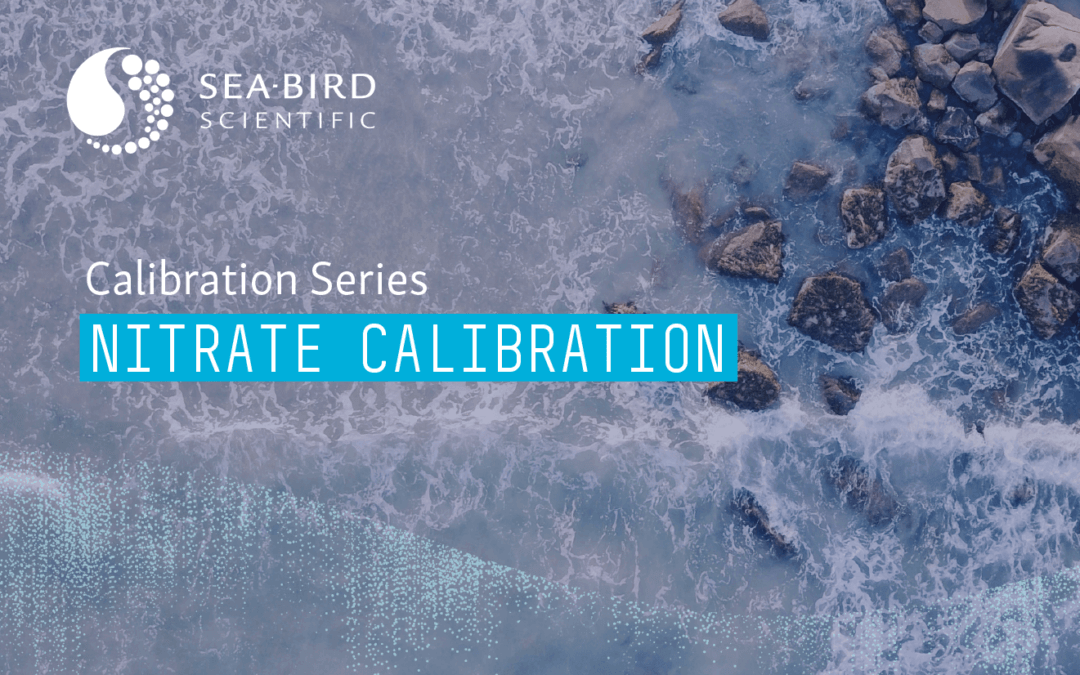
The SUNA V2 is an ultraviolet spectrometer designed to measure nitrate in-situ. At Sea-Bird, we use a temperature-controlled bath and various solutions to characterize and calibrate the sensor’s output. Learn how we prepare SUNA V2s for seawater and freshwater deployments.
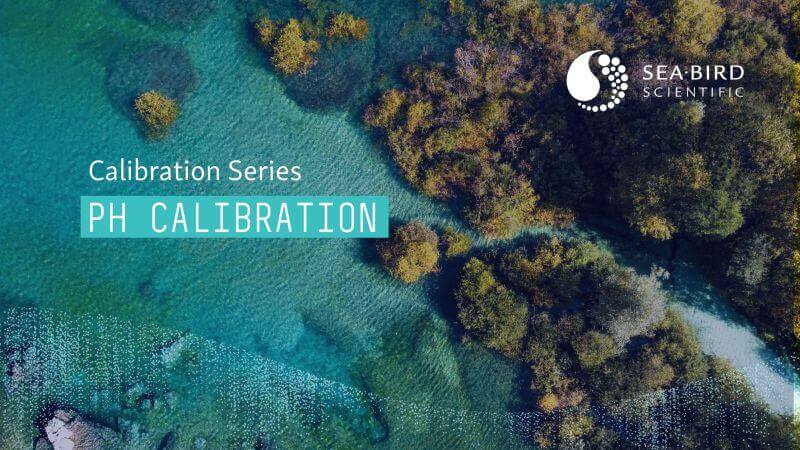
ISFET pH sensors, like the SeaFET V2 and SeapHOx V2, receive a factory calibration, and don’t require regular field maintenance. Learn how we’ve adapted our calibration facility to account for conditions these instruments meet in the wild.

To ensure that our teams can effectively resolve your technical support queries and communicate RMA updates, we recommend that you preemptively whitelist @seabird.com email addresses in your email system.
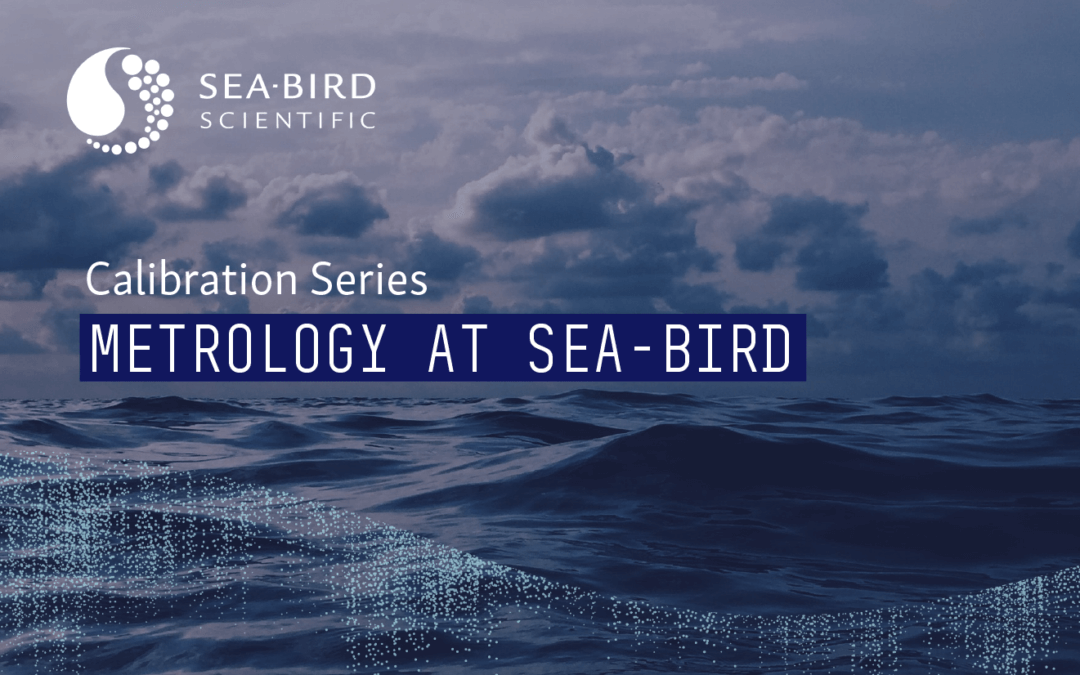
Conceptually, inductive moorings seem complex – communicating with 100 instruments through a single cable doesn’t exactly sound intuitive. But, in practice, the setup is surprisingly simple. Watch our latest video to see how easy it is to test and simulate an inductive modem mooring.
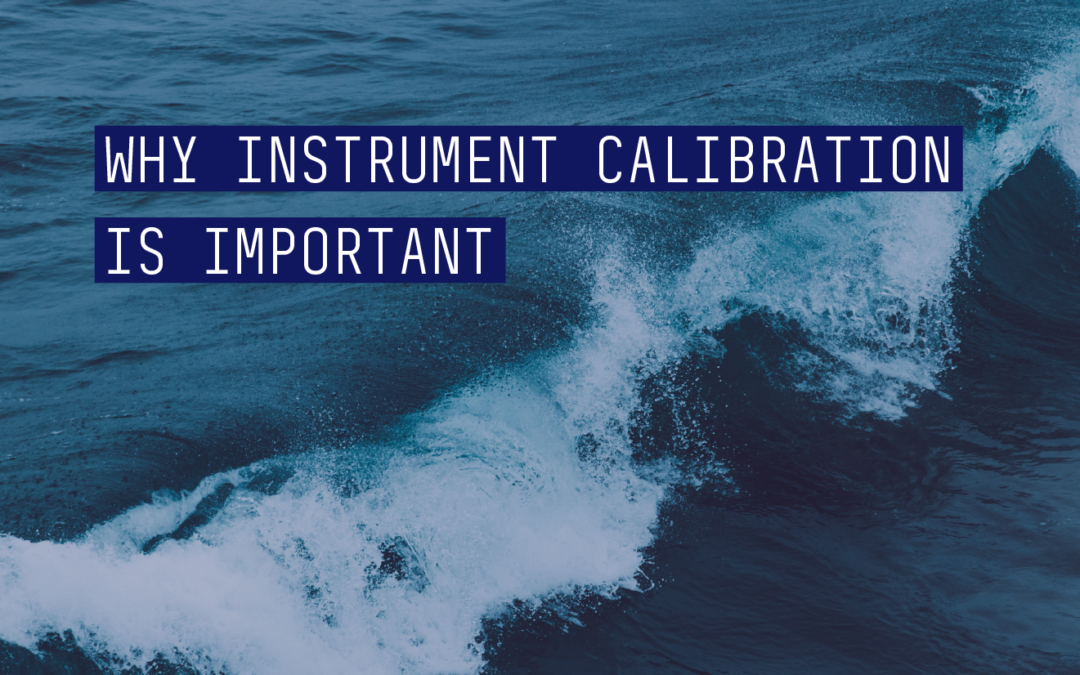
Precision engineering is meaningless without proper calibration. Learn why calibration is an important aspect of Sea-Bird Scientific sensors.
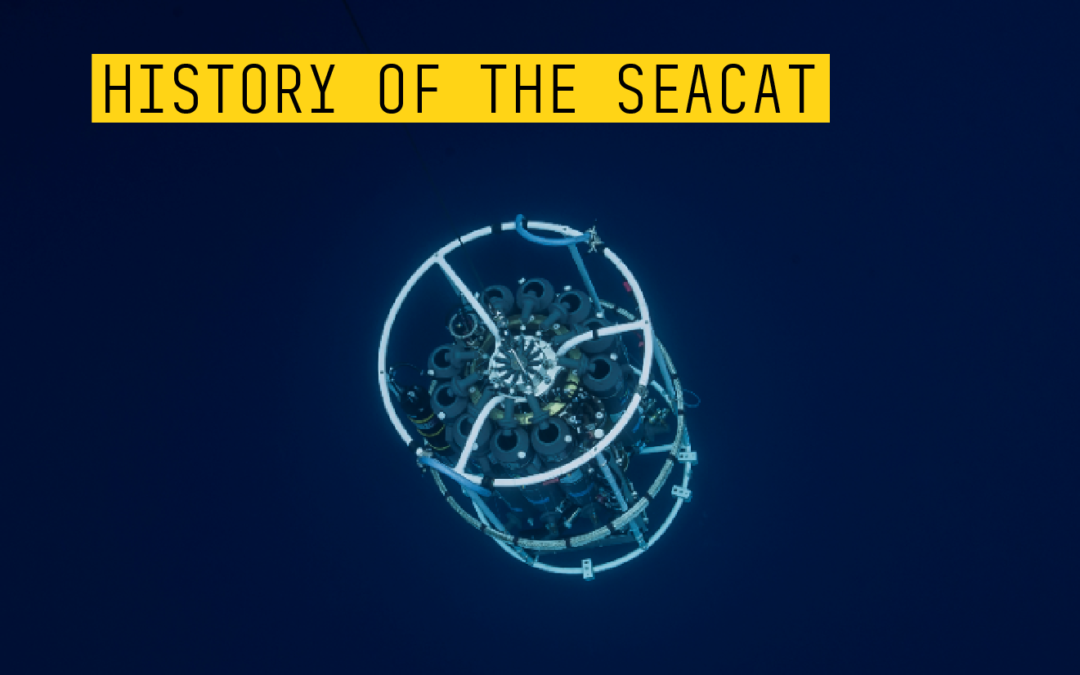
SeaCATs, the CTD family consisting of the 16plus V2 and 19plus V2, were first developed in late 1985 back when Sea-Bird had barely evolved past a garage operation. When a customer requested a moored CTD – the first that Sea-Bird had ever built, Sea-Bird's team...
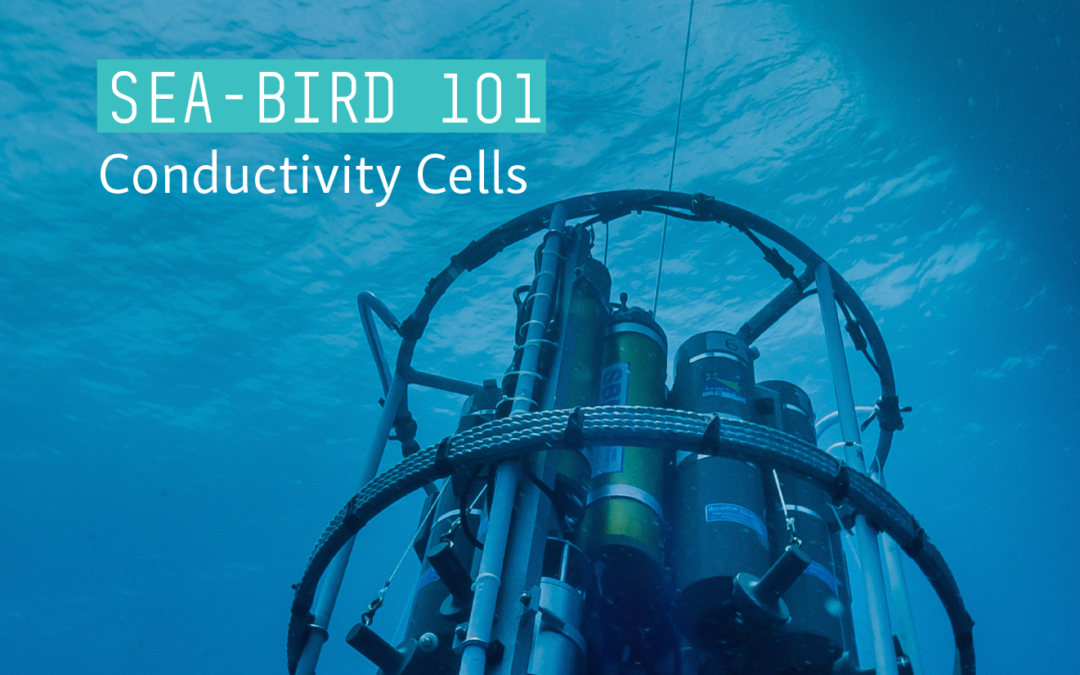
Conceptually, inductive moorings seem complex – communicating with 100 instruments through a single cable doesn’t exactly sound intuitive. But, in practice, the setup is surprisingly simple. Watch our latest video to see how easy it is to test and simulate an inductive modem mooring.
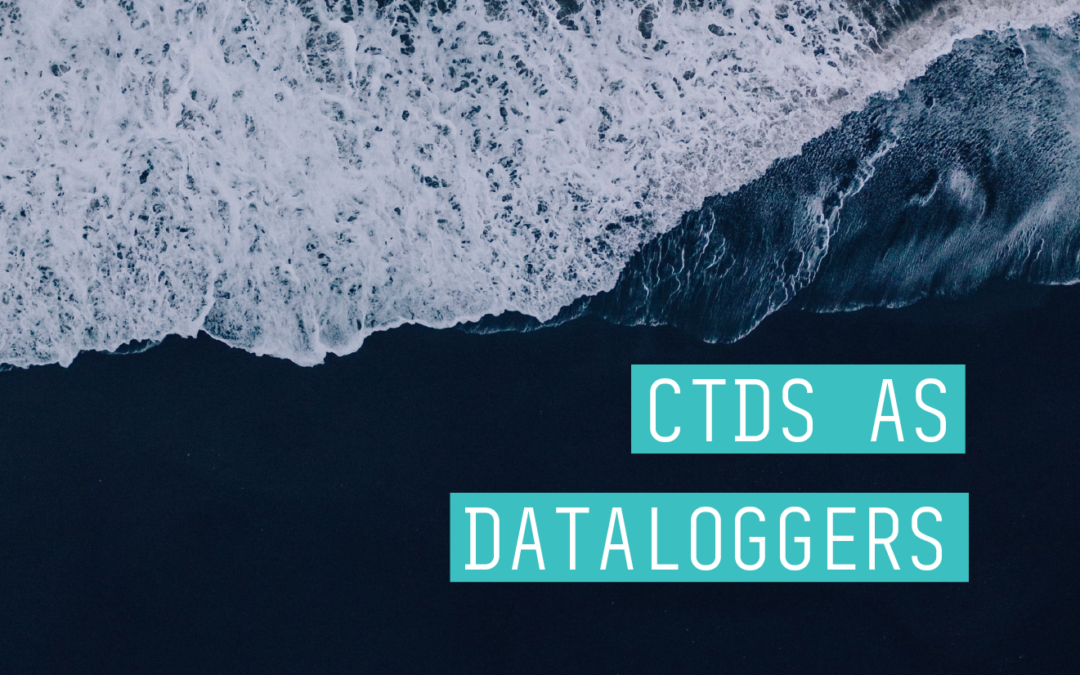
The acronym “CTD” might unofficially represent more than just conductivity, temperature, and depth. Since most CTDs include one or more auxiliary sensors, a given CTD package might technically be called a “CTDpHDOFLNTUTr” (CTD + pH + dissolved oxygen + fluorescence +...
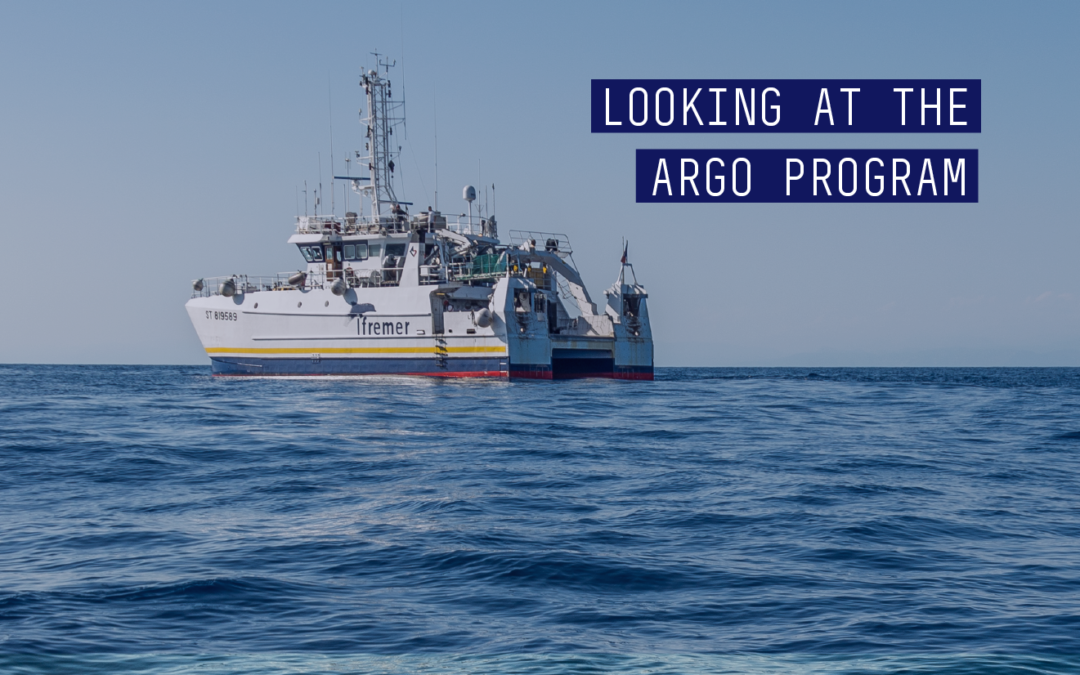
In the last year of news, the dominant story has been a science topic: the coronavirus pandemic. And though most forms of Marine Science have little to do with the global response to COVID-19, its effects are felt in almost every aspect of our own scientific...
The SBE 37 MicroCAT is a high-accuracy conductivity, temperature, and optional pressure recorder with an integrated Inductive Modem (IM) interface, internal batteries, memory, optional pump, and optional optical dissolved oxygen sensor. The MicroCAT is designed for...
Sea-Bird Scientific is proud to partner with Sequoia Scientific in hosting the first Ocean Science & Technology Conference in Seattle, Washington on Thursday, September 14th. This conference will enable those in the Seattle area to network, connect, and discuss...
Sea-Bird Scientific was proud to host an Ocean Science Mixer and Networking Event in Seattle, Washington, on June 1, 2023 for World Oceans Day. Following our virtual webinar on Forging Your Career in Academia and Industry in partnership with The Oceanography Society...